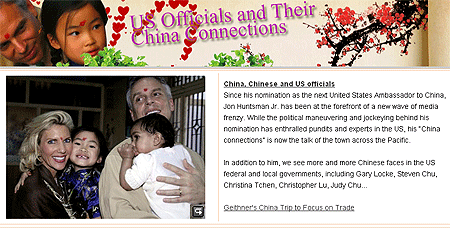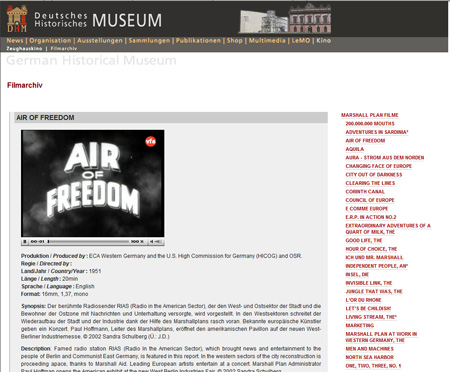
If you could write an open letter to US President Barack Obama, what would you write? The question almost makes you think of something like a wish list to a Santa, who will do his best to fulfill your desires.
The open letter written by 22 Central and Eastern European intellectuals and former leaders made me think about this Christmas tradition. A letter intended for the US president, in which Eastern European children make a wish list and, in order to be convincing, explain how good they have been in the past.
During the last months the media has seen innumerable open letters to Obama. And this is yet another one. It is a doleful and angst-ridden letter, one whose main argument is that the Obama administration is not taking the necessary measures for rebuking “revisionist Russia.”
I first had a reflective look at the senders’ list. Václav Havel and Lech Wałęsa are there, symbols of the people who led the revolutions of 1989. However, beyond all emotions, I realized the word ‘former’ is too prominent on the senders’ list. Valdas Adamkus, former president of the Republic of Lithuania; Martin Butora, former ambassador of the Slovak Republic to the US. The list goes on.
‘Former’ refers to something or someone belonging to a prior time. Even the letter reads ‘former’ to me, with arguments that in the current international context have acquired their dustiness.
The letter’s nostalgia-conjured past does not truly reflect historical realities. “Our nations are deeply indebted to the United States,” the letter argues. “Many of us know firsthand how important your support for our freedom and independence was during the dark Cold War years.”
These words make me think of my Romanian grandfather and how he told me that years after the end of World War II he was looking at the sky, asking himself when would the Americans come. And the Americans never came. So what is Central and Eastern Europe so indebted for? Apart from listening to Voice of America and Radio Free Europe, there was not much of an important support to be felt in the region during the Cold War.




